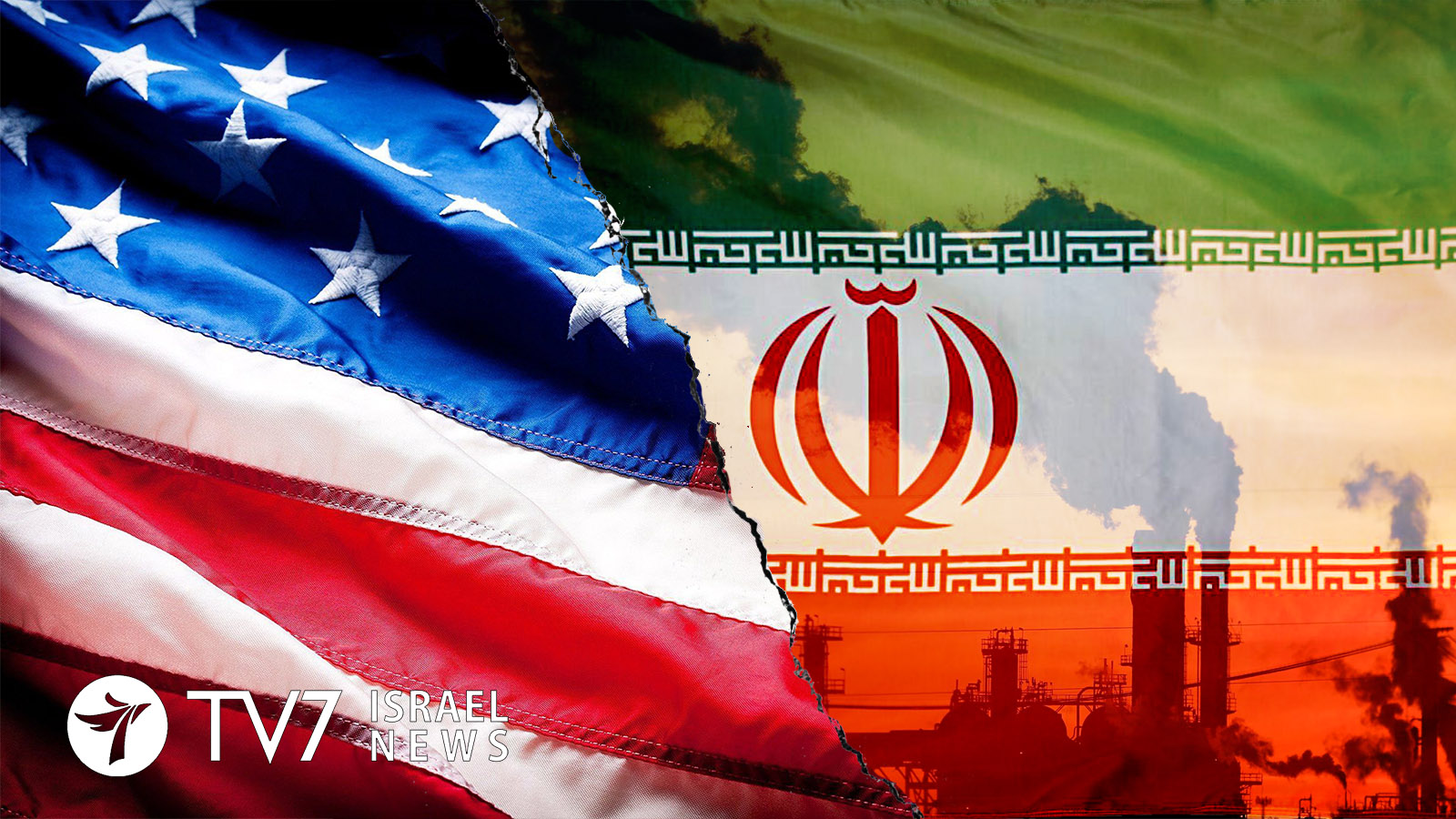Four days before the United States will reimpose a series of sanctions against the Islamic Republic of Iran, Tehran’s top diplomat asserted that the American move will have “severe consequences” for the world order.” Speaking at a news conference in Istanbul after a trilateral meeting between Iran, Turkey and Azerbaijan, Foreign Minister Mohammad Javad Zarif pointed to Iran’s neighboring countries and European nations, which have resisted against Washington’s sanctions. “Can this country (the United States) punish other (countries) because they abide by law? This method will have severe consequences for the world order in the future, and that is why you see all countries, both our good neighbors and Europeans nations along with other countries have resisted against these moves (sanctions),” Iranian Foreign Minister Mohammad Javad Zarif said.
While the Iranian Foreign Minister, speaking in Persian, attempted to convince the Iranian peoples that Washington’s attempts are of an isolated nature. Nevertheless, his statements are far from the reality on the ground, as both international and regional countries have withdrawn their trade with the Islamic Republic, warry of losing business with the largest global market: the United States. Just several hours after the Iranian Foreign Minister made his remarks, Iran’s neighbor Iraq announced that it will cease all oil-related operations with Tehran and will divert its trade toward its Western-neighbor, Turkey. The U.S. Administration welcomed the Iraqi decision, underlining – during a state department briefing – that “The United States is committed to exerting maximum pressure against the Iranian regime in reducing (its) oil to zero.”
Earlier this week, U.S. Secretary of Defense James Mattis stressed that Washington will stand firm against Iran’s malign activities across the Middle East, and especially against attempts by the Iranian regime to acquire nuclear weapons. Speaking at the Manama Dialogue Security Conference in Bahrain, the American top Defense official stressed that the fact that Iran primarily operates through proxy forces in Syria, Lebanon, Yemen and elsewhere, “does not lessen the Iranian regime’s culpability, nor will it lessen their accountability by the international community.” “We stand against its testing and proliferation of missile systems in contravention of international mandates irresponsibly spreading these threats to Syria, Lebanon, Yemen and elsewhere. The fact that they operate through proxy forces does not lessen the Iranian regime’s culpability nor will it lessen their accountability by the international community. And we will not stand idly by any attempt by the Iranian regime to pursue a nuclear weapon,” US Secretary of Defense James Mattis said.
According to Secretary Mattis, Iran continues to export missiles, rockets and unmanned aerial systems to the Houthi militia in Yemen, which have used these weapons to indiscriminately attack civilian targets in Saudi Arabia. “In Yemen, Iran continues to export missiles, rockets and unmanned aerial systems to Houthi militants in violation of United Nations scriptures. Over the past 18 months, Houthis have launched more than 100 missiles at Saudi Arabia, including civilian targets like the King Khaled International Airport.” / “I reiterate U.S. support to our partners’ right to defend themselves against Iranian supplied Houthi attacks from their sovereign territory and at the same time, call for an urgent to the fighting,” US Secretary of Defense James Mattis said.
With regard to the Russian involvement in the Middle East, which grew significantly due to a lack of regional involvement by the United States under the Obama Administration, Secretary of Defense James Mattis declared that Moscow could not serve as a replacement for the United States. “Russia’s opportunism and willingness to overlook Assad’s criminal activities against his own people evidences its lack of sincere commitment to a central, moral principles. Today I make clear, Russia’s presence in the region cannot replace the long-standing, enduring and transparent U.S. commitment to the Middle East, one that I reiterate today without reservation,” US Secretary of Defense James Mattis said.
